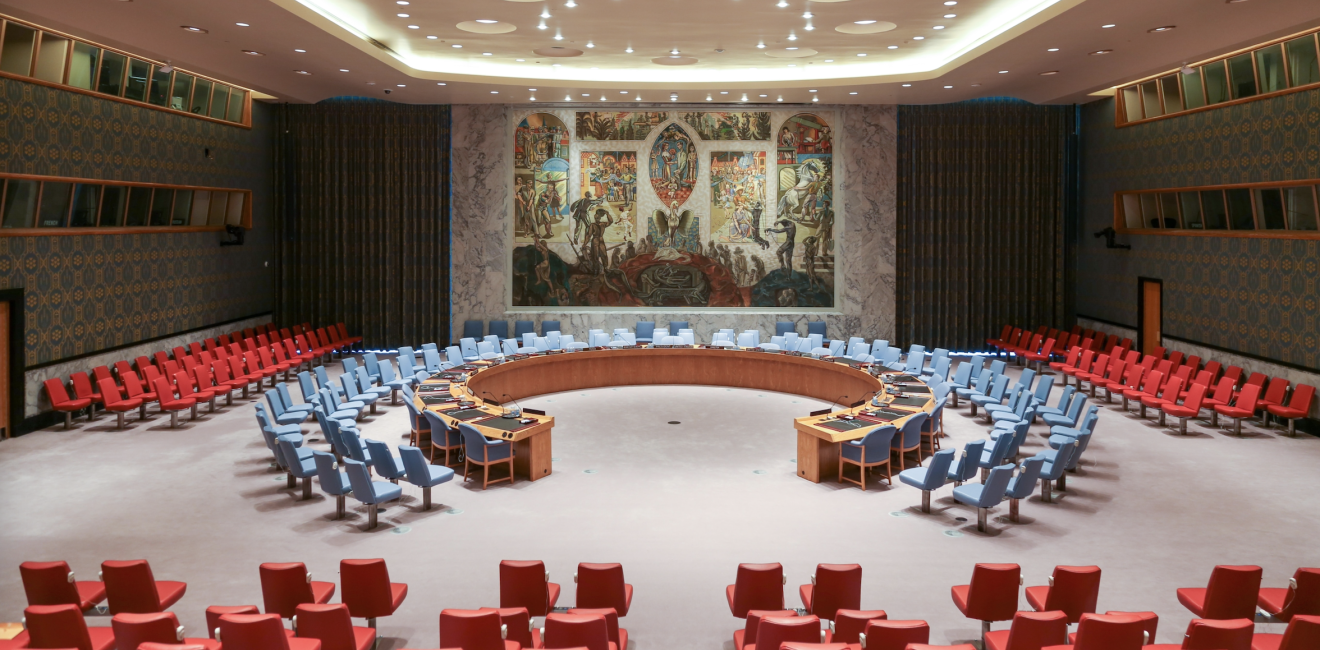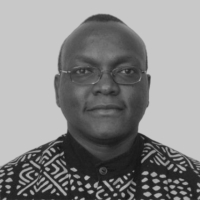United Nations Security Council (UNSC) reform has emerged as one of the most contentious and polarizing issues under negotiation in the lead-up to the Summit of the Future. The Inter-Governmental Negotiations (IGN) framework, which has compiled the outcome document for the Summit, the Pact of the Future, does not provide any concrete decisions on UNSC reform. Almost 20 years ago, the African Union (AU) adopted “The Common Position on the Reform of the United Nations Security Council,” known as the Ezulwini Consensus, through which AU member states called for two permanent seats on the UNSC, “with all prerogatives and privileges of current members,” including veto power.
Since the Ezulwini Consensus, at one point or another, all Permanent Five (P5) members of the UNSC – the US, UK, France, China, and Russia – have supported the idea of UNSC reform that includes African states as permanent members. Still, genuine reform attempts have failed to move forward.
This status quo appears to have been disrupted by the announcement from US Ambassador to the UN, Linda Thomas-Greenfield, that the US supports two African permanent seats on the UNSC in addition to the non-permanent membership for African countries. However, there is a significant issue - there continues to be no support for African veto powers.
In effect, the support continues to limit African membership to a “second class” on the UNSC, despite the fact that 60% of the body's agenda relates to the continent. While Ambassador Thomas-Greenfield recognized the historical injustices inherent in the current UNSC configuration in her speech, the lack of veto power clearly does not align with the Ezulwini Consensus nor does it create an equitable UNSC.
Excluding the veto may well result in an out-and-out rejection of the proposed reform, leaving the Council, again, with the status quo. Past efforts and support for permanent African membership on the UNSC have resulted in a “blame game” between African states themselves. For example, previously, a lack of reform had been excused by stating that there is a lack of immediate consensus on which African nations will receive permanent seats. This hides the fact that P5 support for African permanent membership continues without meeting the veto demand of the Ezulwini Consensus, nor recognizes that any selection of African permanent membership is a theoretical exercise at this point.
The world is at an inflection point. The relevance of the UN is being questioned. While many across Africa still view the UN positively, there is also clear dissatisfaction with the institution. There are questions about whether the current configuration is capable of supporting international peace. Continuing the status quo will only push African countries towards other multilateral forums where they have a greater say in their affairs. Multilateral institutions such as BRICS and the Non-Aligned Movement (NAM), or more bilateral-focused forums like the recent Forum on China-Africa Cooperation (FOCAC), will continue to gain resonance and play an increasingly important role.
The idea of equality needs to be central in the reform of the global order. The UN Summit of the Future is billed as a once-in-a-generation opportunity to redefine global governance for the twenty-first century. Yet, the fact that the deliberations leading up to the Summit were limited in their consultations and focused on inter-governmental bureaucratic deliberations reaffirmed to some the waning relevance of global governance.
Ultimately, the current support for African permanent membership is a missed opportunity to genuinely shift to more equitable power sharing in the global system. It appears that many are more concerned with maintaining the status quo than taking the opportunity to recognize and acknowledge that the world has changed significantly, requiring genuine reform to address both African and global concerns.







